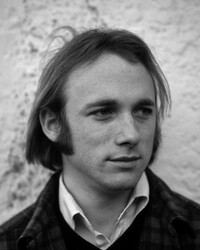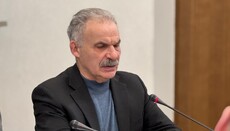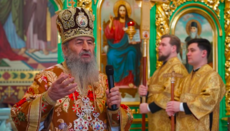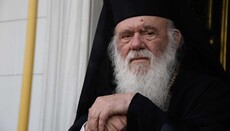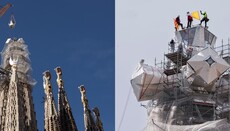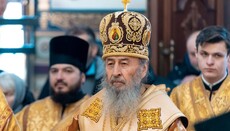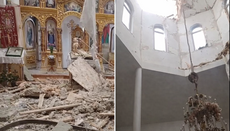Theologian: UOC’s status implicit in canons as a living practice of Church
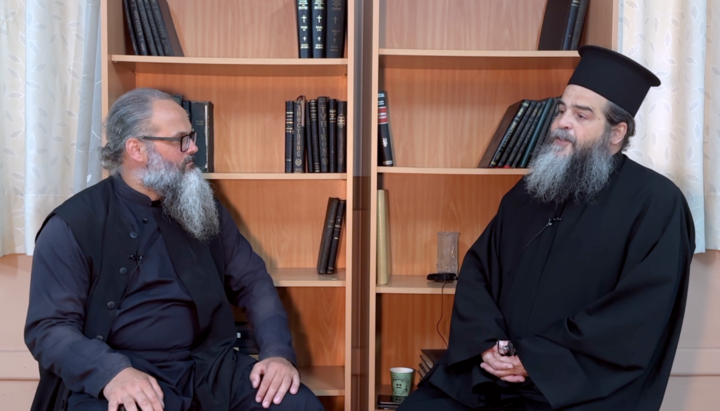
Presbyter Anastasios Gotsopoulos said that before the formation of the current church system, local Churches had great autonomy.
Presbyter Anastasios Gotsopoulos, a Greek theologian, commented on the current status of the Ukrainian Orthodox Church in an interview with the UOJ.
He emphasized, "It can make its holy chrism, glorify its saints without seeking permission from its Mother Church, the Moscow Patriarchate."
"The UOC has such autonomy that no other autonomous Church has... As far as I know, such autonomy is not strictly stipulated in the sacred canons, but it is implied in the sacred canons as a living practice of the Church," the theologian said.
According to him, "Originally there was a system of autonomous metropolises in the Church, and only later it acquired the form that we know today. Such metropolises had autonomy but were simply not called autonomous."
The priest cited the example of the Churches of Pontus, Asia Minor and Thrace, which were subordinated to Constantinople by the decision of the Fourth Ecumenical Council. The theologian says that these regions had autonomous rights and elected their bishops. At the same time, such rights were not prescribed anywhere in the canons.
"That is, the system of autonomies is not alien to the tradition of the Orthodox Church. And although we do not find the word "autonomy" in the canons, it existed in practice in the life of the Church," Presbyter Anastasios Gotsopoulos noted.
The theologian believes that the status of the UOC also implies that the Patriarch of Moscow has no right to interfere in its life.
“…. the bishops under Metropolitan Onuphry of Kyiv are elected by the Synod of Bishops of Ukraine. Moscow does not appoint them. All bishops of the Ukrainian Orthodox Church under Metropolitan Onuphry are citizens of Ukraine; they are not Russians. In Greece, many people are not aware of this. Some think that the bishops of the Ukrainian Orthodox Church are not Ukrainians but Russians who came from Russia, being sent to Ukraine from Moscow. But that's not the case; they are Ukrainians!" the theologian highlighted.
As reported, the Greek theologian explained whether UOC clerics should commemorate the Patriarch of the Russian Orthodox Church.






